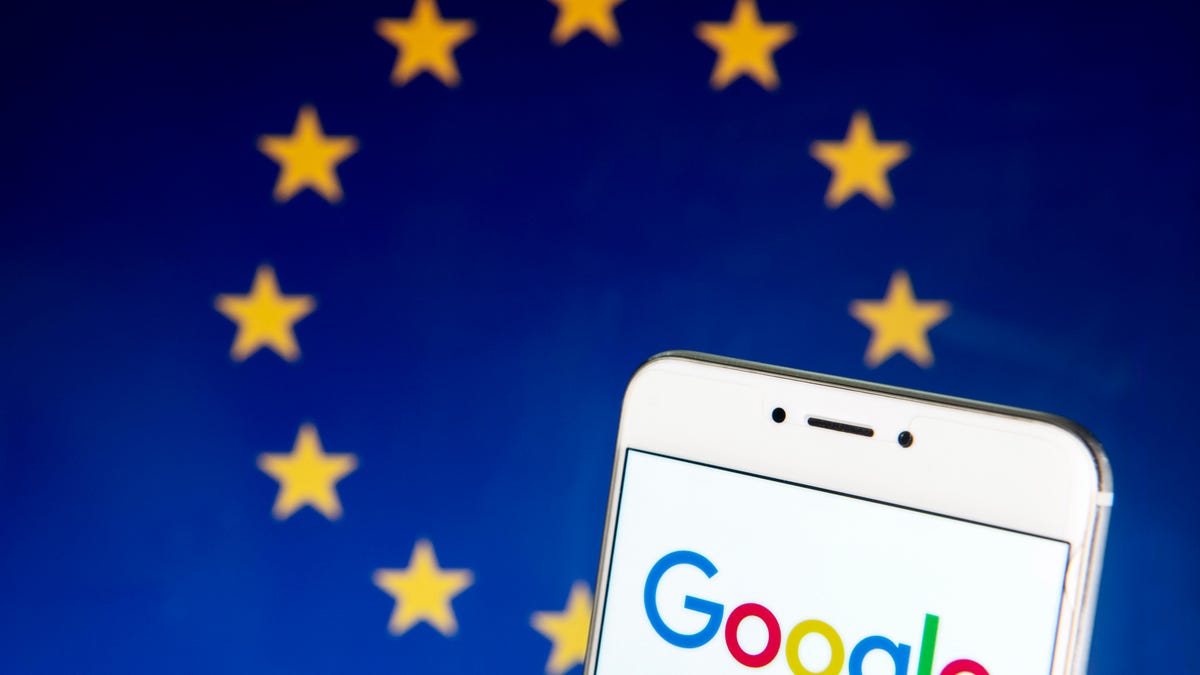Google fined $684,000 over 'right to be forgotten' failure
The company is paying the price for refusing to remove links to information about a high-profile Belgian citizen from Google Search.

Google might be a US company, but it still has to abide by EU law.
Google was fined 600,000 euros ($684,000) by the Belgian data protection authority on Tuesday after failing to comply with a "right to be forgotten" request from a reportedly high-profile, but anonymous Belgian citizen.
The citizen had asked Google to remove links to a number of news articles about him, which contained unproven harassment claims and political labels that he claimed were not representative of his beliefs.
A 2014 EU court ruling means that European citizens are allowed to ask search engines to remove links to websites or articles containing inaccurate or outdated information about them that may harm their reputation. This is known as the right to be forgotten. Requests do not have to be honored if the information is accurate and considered to be in the public interest, but this must be weighed against the individual's right to privacy.
The data protection authority said in a press release (translated from French) that "Google has expressed a serious breach" by refusing the citizen's request and that the company's actions had been "particularly negligent."
"Since the facts have not been established, are old, and are likely to have serious repercussions for the complainant, the rights and interests of the person concerned must prevail," it said.
Google disputed the claim and said it would appeal the data protection authority's decision.
"Since 2014, we've worked hard to implement the right to be forgotten in Europe, and to strike a sensible, principled balance between people's rights of access to information and privacy," said a spokesman for the company in a statement. "We didn't believe this case met the European Court of Justice's criteria for delisting published journalism from search -- we thought it was in the public's interest that this reporting remain searchable. The DPA disagreed. We're going to ask the Courts to decide."
See also: What's the best cheap VPN? We found three

